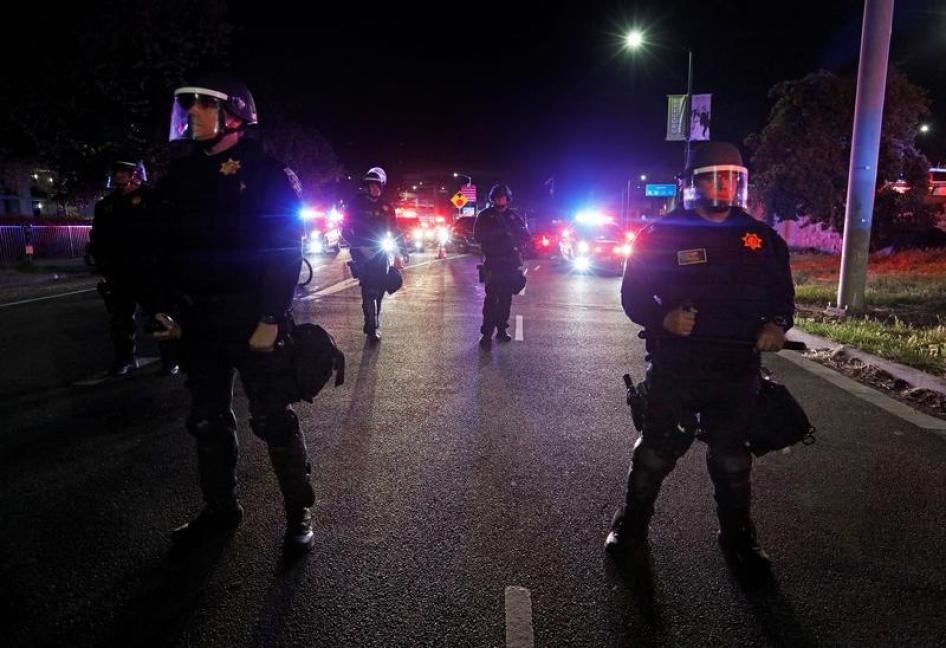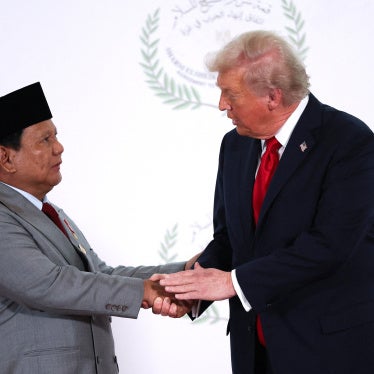While many are rejoicing to see that justice can actually be done in this all-too-familiar scenario, unease and doubt remain about the efficacy of our justice system when we recall the numerous cases of other black victims, and the officers who were not held to account for their deaths.
What happened in Chicago was a fulfillment of the American promise: that when injustice is done, justice will be served. Far too often Americans have watched unarmed black men and women killed by police officers who rarely even faced indictment, let alone a guilty verdict at the end of a trial. Black America, and those who understood this pain, lost more faith in our system of justice with each death that was not redressed by the system. Many of us wondered if we would ever see an outcome that didn’t follow this familiar pattern — until Friday.
But what are the lessons learned, and how do we ensure this verdict does not simply stand as an aberration? Two things made a huge difference in the outcome of the McDonald case. First, the eventual exposure of video evidence. Advocates for justice reform have long called for the use of dashcam and other police videos to help show what actually happened during such killings. As is often the case, the video in the McDonald shooting was not turned over quickly or easily. It took tenacious efforts of civil rights lawyers who, even after the city withheld it for more than a year, refused to allow the video to remain hidden from the public. Prosecuting these cases has proved nearly impossible without video evidence. Communities must continue to demand transparency around video evidence when a shooting occurs, including releasing it to the public.
Second, community members in and around Chicago refused to let justice die along with McDonald. It was not the notable activists and national leaders we see on television who ensured this story did not end like so many others before. It was the citizens who cared about their community and about justice being done. Their voices, their demands and their activism are crucial parts of the recipe for changing these outcomes.
Beyond the committed lawyers and activists, this verdict speaks to the need for America to see the victims of these shootings as human beings deserving of justice. So often, it feels as though the plight of black America is underrated, like our lives are undervalued when they are taken so senselessly and readily by the police. But this jury did not relegate the life of a black man to second-class status. The jury in this case saw beyond any faults that McDonald, like all of us, may have had and viewed him, instead, as a human being whose life was taken unjustifiably. They were also able to see law enforcement as fallible and capable of acting overzealously with little regard and respect for the lives of the black men and women who sometimes die needlessly by their hands.
These factors must serve as a template for how we move toward fixing the fissures that exist between police and community. The issue is not, nor has it ever been, about demonizing the police. It is about ensuring accountability for bad actors and about respecting the lives of the people whom law enforcement is charged with protecting. Once we achieve this outcome beyond the McDonald case, maybe then our sighs of relief will last.








